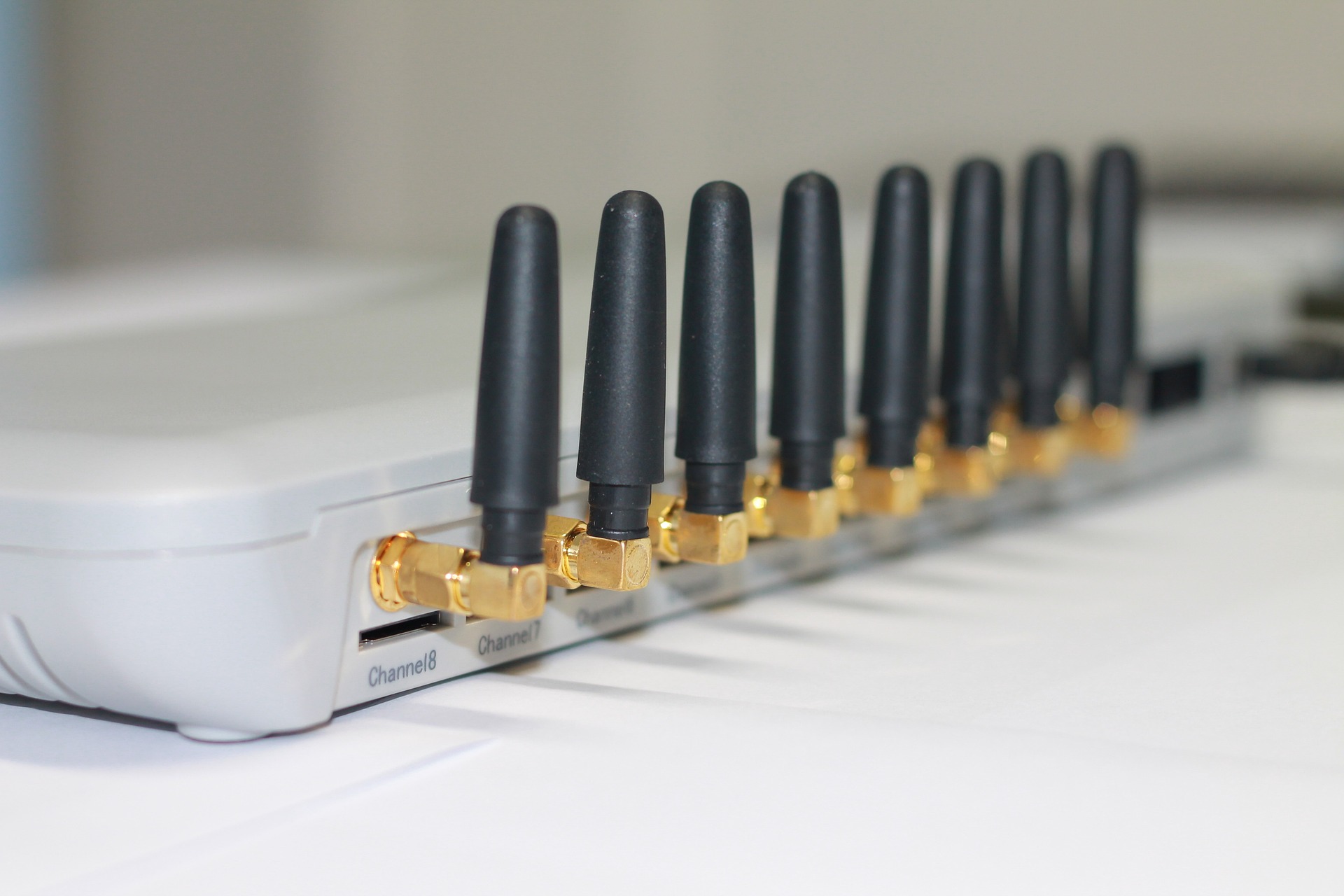Nurturing Mental Health: Strategies for a Balanced Mind
Mental health is a cornerstone of overall wellbeing, yet it often receives less attention than physical health. In recent years, there has been a growing awareness of the importance of mental wellness, spurred by increasing rates of anxiety, depression, and other psychological disorders. This shift in focus has led to a surge in research, innovative treatments, and public discourse surrounding mental health. As society grapples with the complexities of modern life, understanding and prioritizing mental wellbeing has become more crucial than ever. The following exploration delves into various aspects of mental health, offering insights and strategies for cultivating a balanced and resilient mind.

The Mind-Body Connection
Recent research has illuminated the intricate relationship between mental and physical health. Chronic stress, for instance, has been linked to a host of physical ailments, including heart disease, diabetes, and weakened immune function. Conversely, physical activity has been shown to have powerful mood-boosting effects, releasing endorphins and promoting neuroplasticity. This bidirectional relationship underscores the importance of a holistic approach to health, one that considers both mental and physical factors in pursuit of overall wellbeing.
The Role of Nutrition in Mental Health
Emerging evidence suggests that diet plays a crucial role in mental health. The gut-brain axis, a complex communication network between the digestive system and the brain, has become a focal point of research. Studies have shown that a diet rich in omega-3 fatty acids, fruits, vegetables, and whole grains may help reduce symptoms of depression and anxiety. Conversely, diets high in processed foods and sugar have been associated with increased risk of mental health disorders. This growing body of research highlights the potential of nutritional interventions as a complementary approach to traditional mental health treatments.
Mindfulness and Meditation: Ancient Practices, Modern Applications
Mindfulness and meditation, practices rooted in ancient Eastern traditions, have gained significant traction in Western psychology. These techniques, which involve cultivating present-moment awareness and non-judgmental acceptance, have been shown to reduce stress, anxiety, and symptoms of depression. Neuroimaging studies have revealed that regular meditation practice can lead to structural changes in the brain, particularly in areas associated with emotional regulation and self-awareness. As these practices become more mainstream, they offer accessible tools for individuals seeking to improve their mental wellbeing.
The Impact of Technology on Mental Health
The digital age has brought unprecedented connectivity and access to information, but it has also introduced new challenges to mental health. Social media, while offering opportunities for connection, has been linked to increased feelings of loneliness, anxiety, and depression, particularly among younger users. The constant bombardment of information and the pressure to be constantly available can lead to cognitive overload and burnout. However, technology also offers innovative solutions for mental health support, such as teletherapy platforms and mental health apps. Striking a balance between the benefits and drawbacks of technology is crucial for maintaining mental wellbeing in the digital era.
Building Resilience: The Key to Mental Fortitude
Resilience, the ability to adapt and bounce back from adversity, is a critical component of mental health. While some individuals may be naturally more resilient than others, resilience is a skill that can be developed and strengthened over time. Strategies for building resilience include cultivating a strong support network, practicing self-compassion, setting realistic goals, and developing problem-solving skills. By fostering resilience, individuals can better navigate life’s challenges and maintain mental equilibrium in the face of stress and uncertainty.
The Future of Mental Health Care
As our understanding of mental health continues to evolve, so too does the landscape of mental health care. Emerging treatments, such as psychedelic-assisted therapy and transcranial magnetic stimulation, show promise for treating previously resistant forms of depression and anxiety. Additionally, there is a growing emphasis on preventative mental health care, focusing on early intervention and the promotion of mental wellness rather than just the treatment of disorders. As stigma surrounding mental health continues to decrease, we can expect to see more integrated and holistic approaches to mental health care in the coming years.




